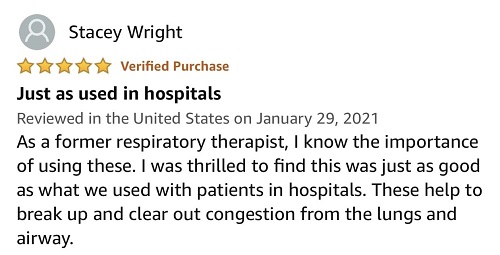Air Bubble in Chest – 11 Possible Causes for Bubbling Feeling in Chest
Most of us would feel unsettled by an unusual sensation in the chest, no matter how minor it may be. Even at an early age, we know the image of someone with a hand to their chest and a distressed demeanor signals a heart attack. Any kind of “chest pain” symptom (whether serious or not) is often assumed to be a heart attack, even if it just turns out to be indigestion.
The tricky thing about an unusual chest sensation or chest pain is trying to understand it or imagine what it could mean before it happens to you. An air bubble in the chest, which creates a sharp chest pain and sudden sensation, can be extremely unsettling the first time it occurs.
Some individuals would describe it as a sort of cracking feeling in the chest, with the sensation that something (the air bubble) is about to “pop” right under your ribs. These air bubbles can be caused by a wide variety of factors, from those that may signal a serious underlying problem to minor issues that are likely to resolve on their own.
Here we will map out 11 different causes for air bubbles in the chest. Always consult your doctor with concerns about any unusual sensations or pain in your chest and follow their specific instructions for treatment when necessary.
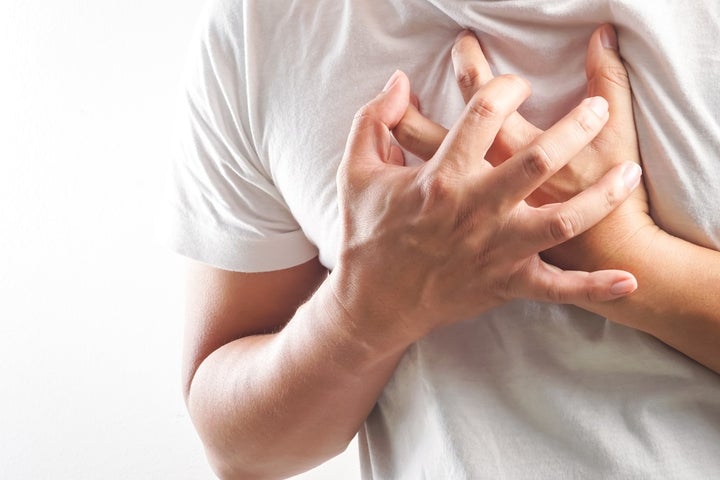
Atrial Fibrillation
The condition you have likely heard of as “AFib” could be the culprit when it comes to an air bubble in the chest. AFib describes what happens when an individual’s heartbeat falls out of sync with the normal rhythm. Affecting around 9% of the population 65 and older in the U.S., AFib can result in
- Shortness of breath
- A rapid and abnormal heartbeat
- Dizziness
- Fatigue
In addition to those symptoms some patients also describe a bubbling in the chest. AFib is easy to diagnose with an EKG and can be treated with medications in most cases, but sometimes a medical procedure is required to put the heart back into normal rhythm.
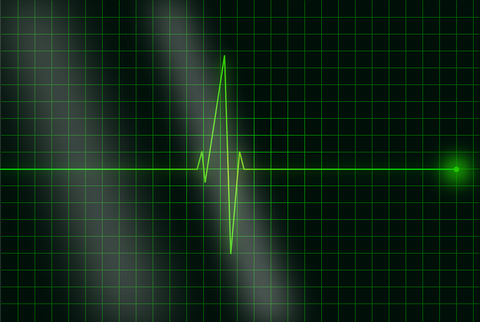
Asthma
Asthma sufferers are often all too familiar with the uncomfortable sensation of a chest bubble. Inflamed airways lead to respiratory distress and asthma flareups, which can make it difficult for an individual to go about their daily routine.
Shortness of breath and wheezing are the primary symptoms of asthma. It can be mild in some cases (triggered by exercise or seasonal allergies) or it can be severe to the point that the individual has symptoms every single day, which can be worse at night.
To determine if the air bubbling sensation in your chest is linked to asthma, a doctor will give a patient a lung function test. If you have asthma, you will likely need to use an inhaler, which in some cases may be combined with other medications to treat allergies or other asthma triggers.
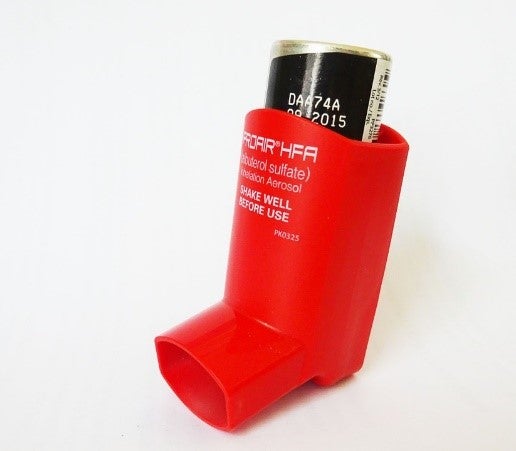
Bronchitis
Another common cause of an air bubble in the chest is a condition many of us experience at some point in our lives: bronchitis.
While congestion and coughing are what immediately springs to mind for many when you mention bronchitis, it can also be accompanied by a low-grade fever, chills, and chest pain.
Bronchitis can vary when it comes to severity: sometimes it can be cleared up within a week and some OTC medications, whereas other cases may last for months and require more extensive treatments from a physician, including inhalers.
Collapsed Lung
The phrase “collapsed lung” is a scary one, especially for anyone who has ever had this experience. You may be surprised to learn that the recovery is not quite as bad as the name would imply.
If the air bubble sensation in your chest was caused by a collapsed lung, this means that air escaped (or leaked) from your lung into your chest cavity, which in turn can make your lung collapse. This usually happens because of a chest trauma injury; however, sometimes we see collapsed lungs where there is some type of underlying lung disease, lung damage, or because of a medical procedure.
In addition to the air bubble you may feel, a collapsed lung can also produce:
- a tight feeling in the chest
- shortness of breath
- low blood pressure
- rapid heart rate
Once a chest x ray confirms your lung is collapsed, you may need to undergo a procedure where the air is removed from your chest cavity via a plastic tube. If treated quickly you will likely see improvement within 48 hours.
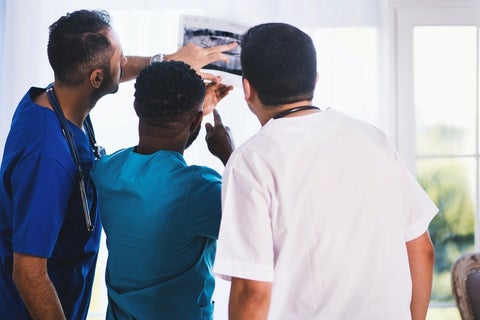
Dyspepsia
Even if you never use the word dyspepsia, you may experience it often: that’s the medical term for indigestion.
Dyspepsia can cause an air bubble in the chest, along with a host of other unpleasant symptoms including:
- acid reflux
- bloating
- nausea
We often associate indigestion with certain foods we eat; however, it can also occur by simply taking OTC painkillers on an empty stomach.
For those who experience dyspepsia constantly, to the point that it is interfering with your quality of life, an endoscopy can help physicians determine if there are underlying causes and how it should be treated. Always consult your doctor about problems you are having with indigestion and what medications you should use to treat it.
Gastroesophageal Reflux Disease
Another condition that can produce an air bubble in the chest is gastroesophageal reflux disease, often referred to as GERD. You may also hear people say they are struggling with “acid reflux.” The acid in question comes from the stomach; when it flows into the esophagus it creates an uncomfortable burning pain and sometimes the feeling that you have a lump in your throat.
To avoid these unpleasant symptoms, physicians recommend changes in diet as well as lifestyle, OTC antacids when needed, and in some cases prescription medications.
Inflamed Gallbladder
One of the more surprising causes of a chest air bubble is an inflamed gallbladder. If this organ is inflamed, it can put pressure on your abdomen and the pain can extend to the back and shoulders, while also producing the sensation of an air bubble.
Your gall bladder could become inflamed for many reasons including:
- blocked bile cuts
- gallstones
- other infections
An inflamed gallbladder may be diagnosed through blood tests, CT scans, and/or ultrasounds. While medication may treat the problem in some cases, it is also possible your gall bladder will need to be removed.
Pleural Effusion
The air bubble in your chest could also be caused by what is known as a pleural effusion. There is tissue between your lungs and the wall of your chest, and if fluid gets trapped there it will create a bubbling sensation.
Another sign of a pleural effusion is shortness of breath, and the root cause of the effusion could be quite serious and call for emergency treatment. In some cases, the cause is pneumonia, but a pleural effusion can also be the result of cancer, congestive heart failure, or injury.
Always consult a physician if you have any unusual medical symptoms including unexplained shortness of breath.
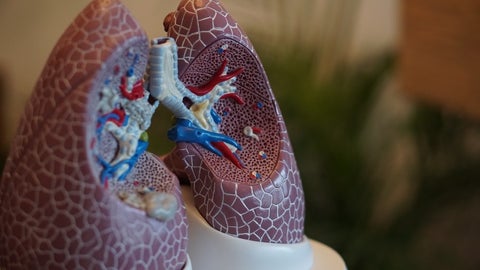
Pleurisy
Another condition that occurs in your chest cavity and can cause an air bubble is known as pleurisy. This is the name given to a condition where the thin membrane lining your chest cavity has become inflamed.
There are many causes of pleurisy, including:
- fractured ribs
- infections and inflammations
- certain medications
In addition to the feeling of an air bubble, pleurisy can also cause patients to cough and experience chest pain and shortness of breath. Fortunately, most cases of pleurisy can be treated with rest and antibiotics.
Precordial Catch Syndrome
The sharp and jarring chest pain associated with precordial catch syndrome can catch you off guard and be incredibly scary; however, in most cases, there is no cause for serious concern. Sometimes this simply happens when you take a breath, and it usually happens in adolescents or younger adults. This sharp pain, which can also feel like a chest air bubble, happens when the nerves located in the outer chest cavity are compressed or irritated.
Always tell your physician if you are experiencing any kind of chest discomfort or pain and if it may be ruled out as precordial catch syndrome that will resolve on its own.
Rare Causes
The list above includes most of the common reasons why people experience the feeling of an air bubble in the chest; however, there are also a handful of other causes that occur in rare circumstances.
Chest air bubbles can also happen in conjunction with
- a tumor on the lung
- an air embolism
- pneumomediastinum (this is when air is abnormally found in the center of the chest, between the lungs)
Conclusion
The most important takeaway is that a chest air bubble is something you should always mention to your physician. You may be relieved to discover it does not signal a serious problem, but you should always speak with your doctor to be sure.
Average Lung AirPhysio
ENJOY BETTER BREATHING - Use this 100% Drug Free Device - AIRPHYSIO
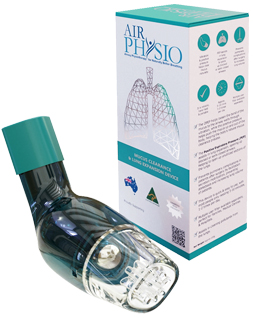
Recent Posts
Sports AirPhysio
IMPROVE YOUR SPORTING PERFORMANCE - Use this 100% Drug Free Device - AIRPHYSIO
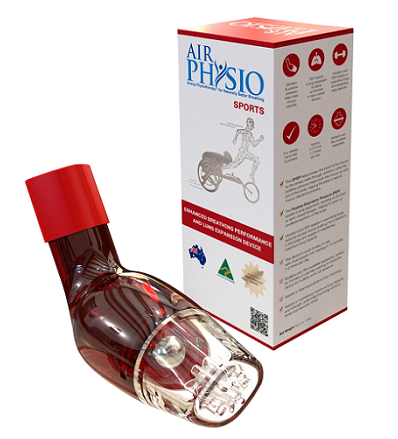
AirPhysio Child
BETTER BREATHING FOR YOUR CHILD - Use this 100% Drug Free Device - AIRPHYSIO
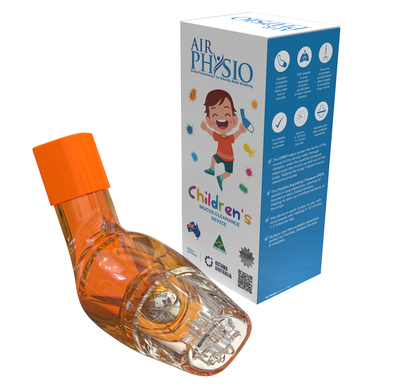
Categories
- asthma (2)
- atelectasis (2)
- bronchiectasis (2)
- copd (3)
- cystic-fibrosis (45)
- featured (10)
- uncategorized (2)

